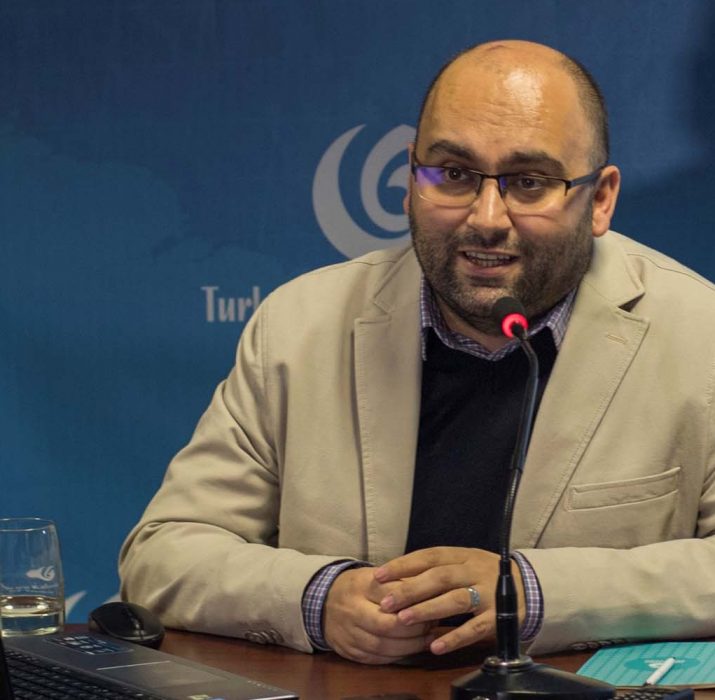“The Ottomans and the Bedouin Tribes”
YUNUS Emre Institute, London presented their 4th Arts and Culture Lecture: ‘Ottomans and the Bedouin Tribes in an age of Modernization, 1840-1914’

YUNUS Emre Institute, London presented their 4th Arts and Culture Lecture: ‘Ottomans and the Bedouin Tribes in an age of Modernization, 1840-1914’
The series continues with Dr Talha Çiçek, an assistant professor from İstanbul Medeniyet University and the British Academy Fellow at SOAS, who talked at large auditions at Yunus Emre Institute on Thursday 7th December 2017 to explain the relationship between the Ottomans and the Bedouin Tribes during the era of modernisation. Dr Çiçek introduced the Bedouin Arabs who have historically inhabited the desert regions in the Arabian Peninsula, North Africa and Iraq. Dr Çiçek began his talk about the book and research that took him 6 years complete. He found correspondence among Sheiks in Turkish, Arabic, French and English which was directly addressed to the ruling Sultan. Using primary sources from the Ottoman and British archives, he argued that the Ottoman Empire developed a politics of negotiation towards the tribes in order to secure cities and major trade routes against tribal attack. This techniques and strategies used by Ottoman authorities to control the Bedouin Arab communities. Dr Çiçek continued his talk about the Tanzimat Reforms, Tax collection for the Imperial treasury and the security maintained by the Ottoman army at the dessert. The seminar saw a great interest and the presentation followed by a Q & A session with the auditions.










